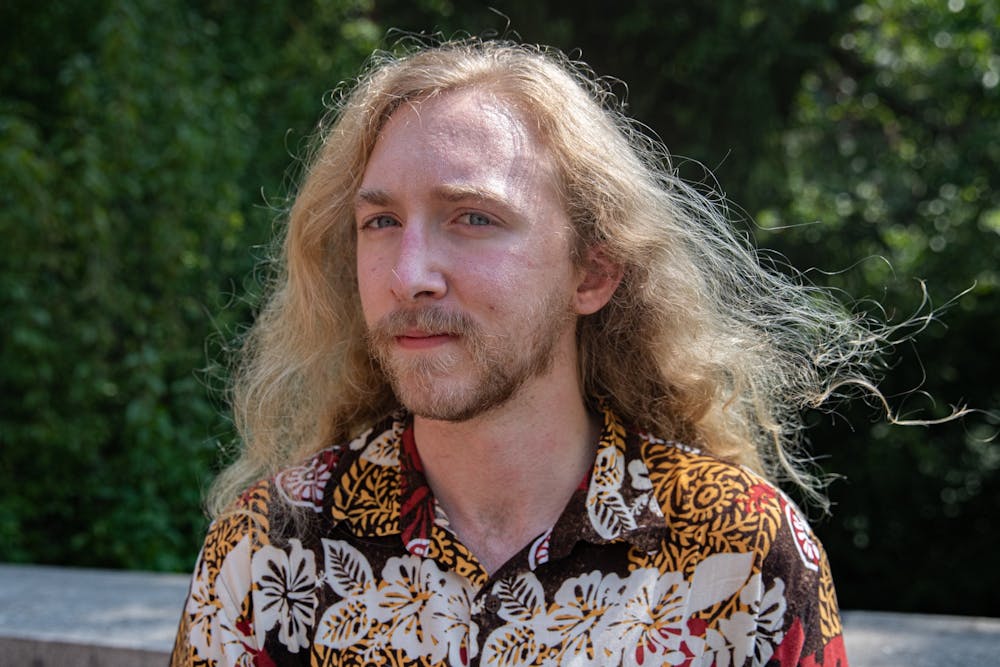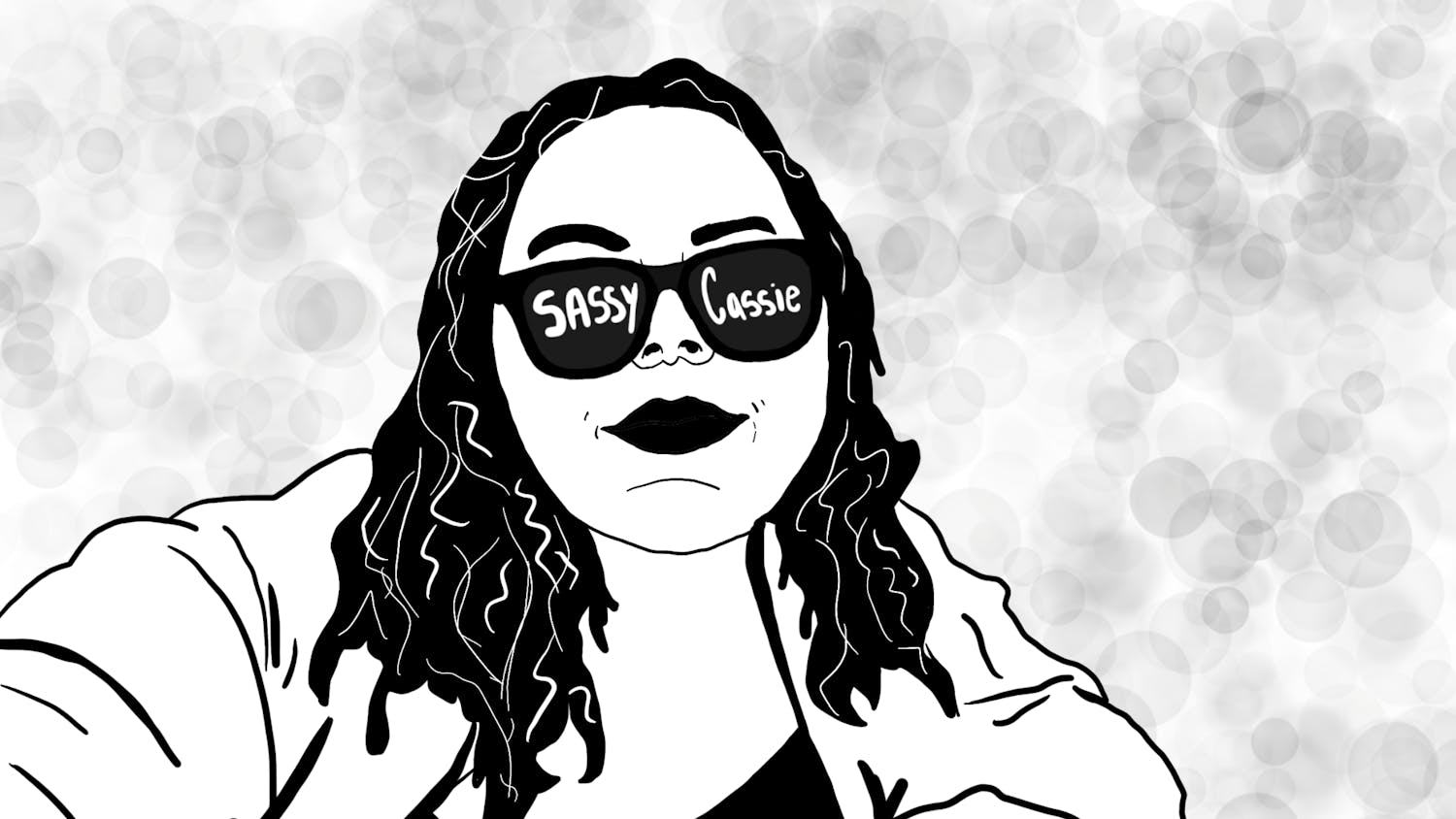In 2000, Aleksandr Petrov won the best animated short film at the Academy Awards. As of 2023, he is the only Russian director to win in the category with his film "The Old Man and the Sea." The award-winning short marked a career-high for the director, who has since languished in obscurity with his "paint-on-glass" technique, an oddity in the academy.
"Paint-on-glass animation" truly stands out in an industry defined by CGI and hand-drawn animation. The technique involved backlighting a sheet of glass and then painting on its surface. A camera is used to capture the animation cell, creating a single animation frame. Six to eight frames are required for one second of film.
Petrov did not repaint every frame but rather made slight adjustments to each frame in a process known as palimpsest. The effect would be achieved by slightly adjusting the wet paint and repeating the process of taking the photo until the scene was complete, a process usually achieved by drawing a series of images.
Petrov's animation career began with the Oscar-nominated short "The Cow" (1989). The film came out in a tumultuous period of the Soviet Union as the nation slowly dissolved into eastern Europe and Russia. The general economic collapse of Russia that followed pushed creators like Petrov to find financial backers in other nations.
By 1997 Petrov had traveled to Canada for his next adaptation, "The Old Man and the Sea," the Ernest Hemingway novella of an old man attempting to catch a fish. However, the efforts of the old man to capture the fish leave him too tired to stop sharks from eating the fish. The old man is only left with the skeleton of the fish as he arrives home.
Petrov and his four-person team perfectly adapted the novella into a 20-minute film with roughly 29,000 painted frames. To capture the breadth of Petrov's work and the feeling of the ocean, they used IMAX cameras, making it the first animated film shot in IMAX. The result is a moving work of art that is equally as dynamic with its reflective use of color, motion and shadow.
At the time, Petrov's work was derided for not being "animation" but "painting." His adherence to realism in his work was seen as an unnecessary excess. In a similar effort to travel to create his work, Petrov became the subject of critics who derided his work. In a way, Hemingway's work became a lens through which the artist's own struggles for creation are reflected.
Criticism aside, Petrov's return home was seen as an athlete's return. His work to promote and maintain Russian culture globally was seen as hope amidst the Russian economic collapse. Concurrent with Petrov winning the award, Putin was elected president of Russia. His campaign running on the promise of a better Russia, has left the nation a shadow of its former self.
In a contemporary article, he said, "I always wanted to come home. And I did. That seems to mean something to people that I returned because it means there is something to return to. I hope it was the right decision." Since then, Petrov has created a few more animated shorts, finding few donors to encourage his work due to waning tolerances in the arts.
Petrov's films became a reflection of his life as an artist. His journey to find the money to see his art to completion garnered Petrov a success that was short-lived on his return to Russia. His adaptation of "The Old Man and the Sea" has become a skeleton that adorns the shores of our culture, eaten away by limitations placed upon the arts and demonstrating the fleeting potential of the next great artist.
Benjamin Ervin is a senior studying English literature and writing at Ohio University. Please note that the views and opinions of the columnists do not reflect those of The Post. Want to talk more about it? Let Benjamin know by emailing him be425014@ohio.edu.






